As an Indian businessman planning to transact business in Vietnam, it’s crucial to understand the process of obtaining the Vietnam Business E-visa. This detailed guide intends to simplify the process for you.
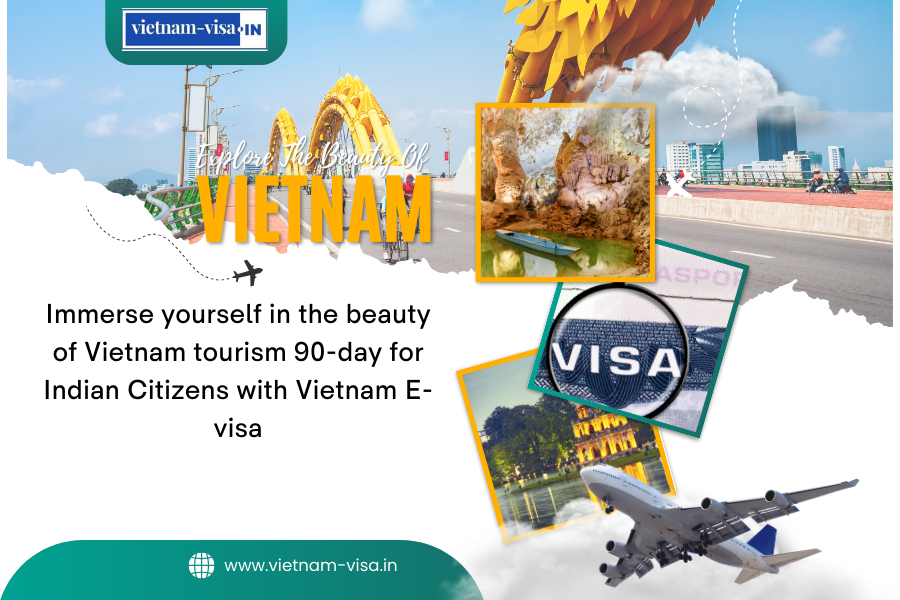
Vietnam, a Southeast Asian gem, allures visitors with its rich culture, tantalizing cuisine, and breathtaking landscapes. The recent decision by the Vietnamese government to extend the validity of e-visas from 30 days to 90 days is a boon for Indian citizens, who are increasingly discovering the charms of this beautiful country. This article provides a comprehensive guide about the extended 90-day E-Visa for Indian citizens. Let’s check it out together!

Immerse yourself in the beauty of Vietnam tourism 90-day for Indian Citizens with Vietnam E-visa
Starting from August 15, 2023, the Vietnamese government has extended the validity of e-visas for citizens of 100 countries, including India. This is a significant upgrade from the previous 30-day single-entry visa. So, allowing Indian travelers to explore Vietnam at a more leisurely pace.
Worthy note: Remember to double-check with the embassy in your country as visa rules may change over time.
The extension of the Vietnam E-Visa’s validity brings several benefits for Indian citizens, especially in terms of travel and investment.
With the extended 90-day visa, Indian travelers can:
For Indian citizens interested in business ventures, the extended visa provides ample time to explore investment opportunities in Vietnam’s burgeoning economy.
Securing a Vietnam E-Visa is a straightforward online process:
For those looking to expedite the process or needing assistance, professional services are available for an additional cost. These services can also help secure a Vietnam visa within 2 – 4 hours in emergency cases.
Ho Chi Minh City: Known for its French colonial landmarks, vibrant street food scene, and bustling markets.
Ha Long Bay: Famous for its emerald waters and thousands of towering limestone islands topped by rainforests.
Hoi An: Renowned for its well-preserved Ancient Town, cut through with canals.
Hanoi: The capital city, famous for its centuries-old architecture and rich culture with Southeast Asian, Chinese, and French influences.
Phong Nha-Ke Bang National Park: Home to the world’s largest cave, Son Doong.
Pho: A popular street food made from broth, rice noodles, and meat, usually beef or chicken.
Banh Mi: A unique Vietnamese sandwich made from a baguette filled with various ingredients like pork, pate, and fresh herbs.
Goi Cuon: Also known as Vietnamese spring rolls or summer rolls. They are a refreshing appetizer made from pork, shrimp, herbs, and rice vermicelli wrapped in rice paper.
Bun Cha: A Hanoi specialty, featuring grilled pork and noodle, often served with a side of dipping sauce.
Cao Lau: A regional Vietnamese dish made with noodles, pork, and local greens, found only in the town of Hoi An.
Health and Safety: Always have travel insurance when traveling abroad. Ensure it covers medical expenses, including emergency repatriation.
Local Etiquettes: Respect local customs and traditions. Vietnamese people are generally very forgiving, but it’s always good to understand local etiquette.
Currency: The official currency is the Vietnamese dong (VND). Credit cards are accepted in most hotels and restaurants in large cities; however, in smaller towns or rural areas, cash is king.
Weather: Vietnam has a tropical monsoon-type of climate. So prepare for sudden rain showers if you’re traveling during the rainy season (May to October).
Connectivity: Stay connected by getting a local SIM card on arrival. They are readily available at the airport, and mobile data is relatively cheap.
In conclusion, the extended 90-day E-Visa for Indian citizens makes Vietnam an even more attractive destination for Indian travelers, offering them the opportunity to explore the country in depth. With careful planning, you can ensure a memorable Vietnamese adventure. So, start planning your trip today and prepare to immerse yourself in the wonders of Vietnam.
For any queries or assistance, feel free to contact us at info@vietnam-visa.in. We wish you happy travels and look forward to welcoming you to Vietnam!
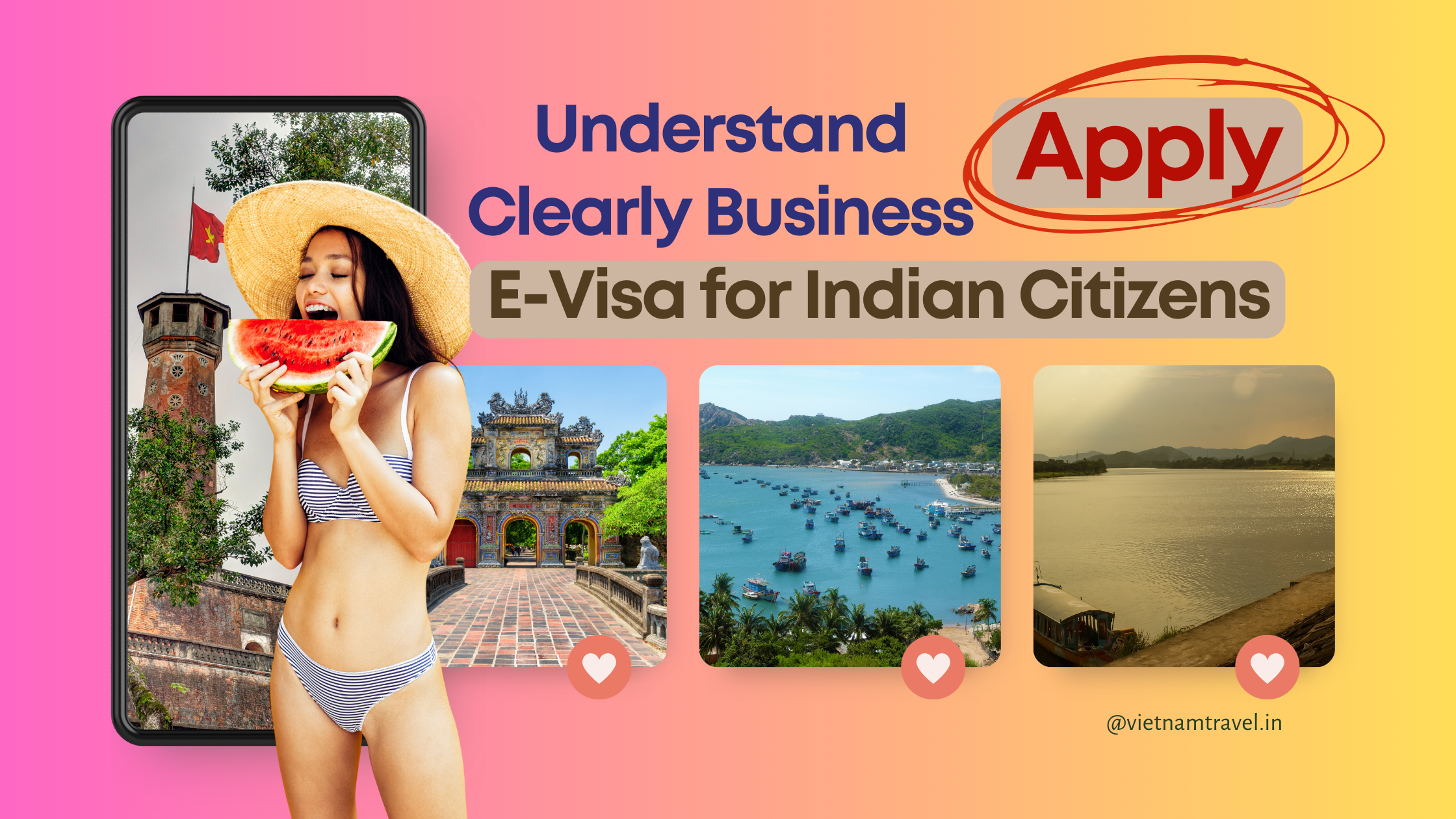
As an Indian businessman planning to transact business in Vietnam, it’s crucial to understand the process of obtaining the Vietnam Business E-visa. This detailed guide intends to simplify the process for you.
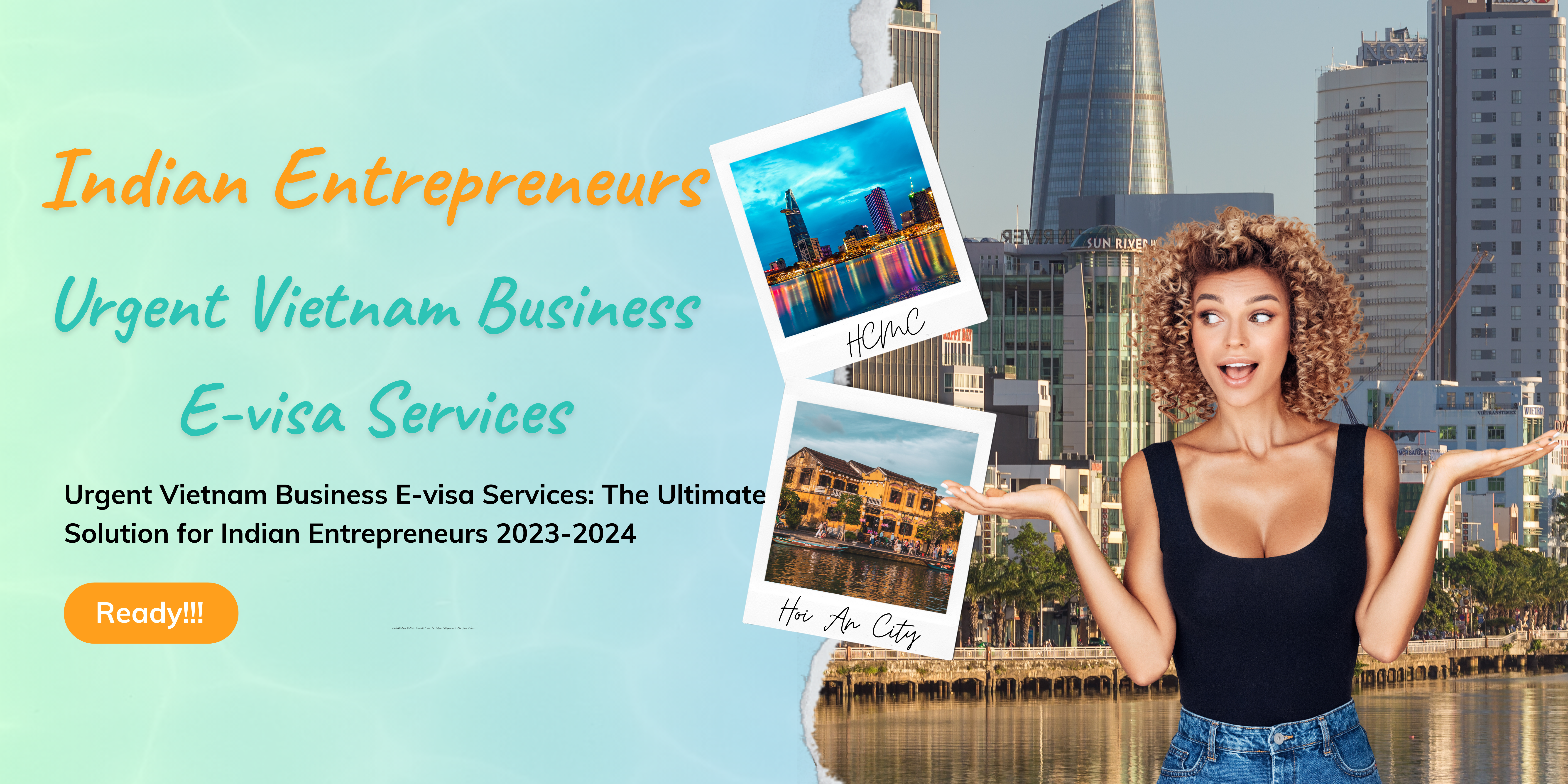
Vietnam, renowned for its rapidly growing economy, continues to attract a vast number of investors and businessmen from across the globe. For Indian entrepreneurs in particular, the opportunities to establish and expand their business ventures in Vietnam are abundant.
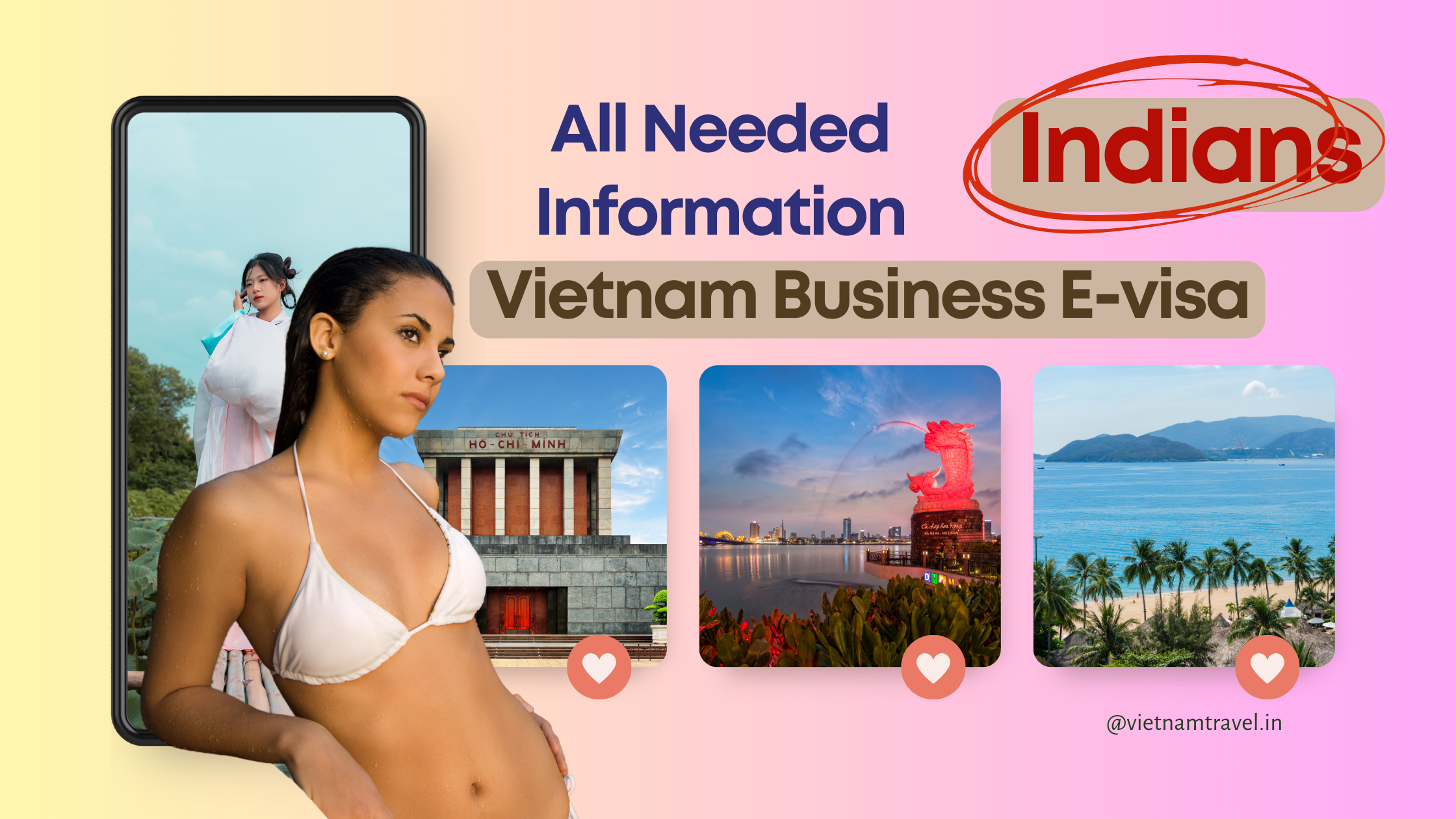
As globalization continues to shape the business landscape, entrepreneurs and business professionals often find themselves traversing the globe to explore new opportunities. One such destination that has been attracting a significant number of Indian entrepreneurs in recent years is Vietnam.
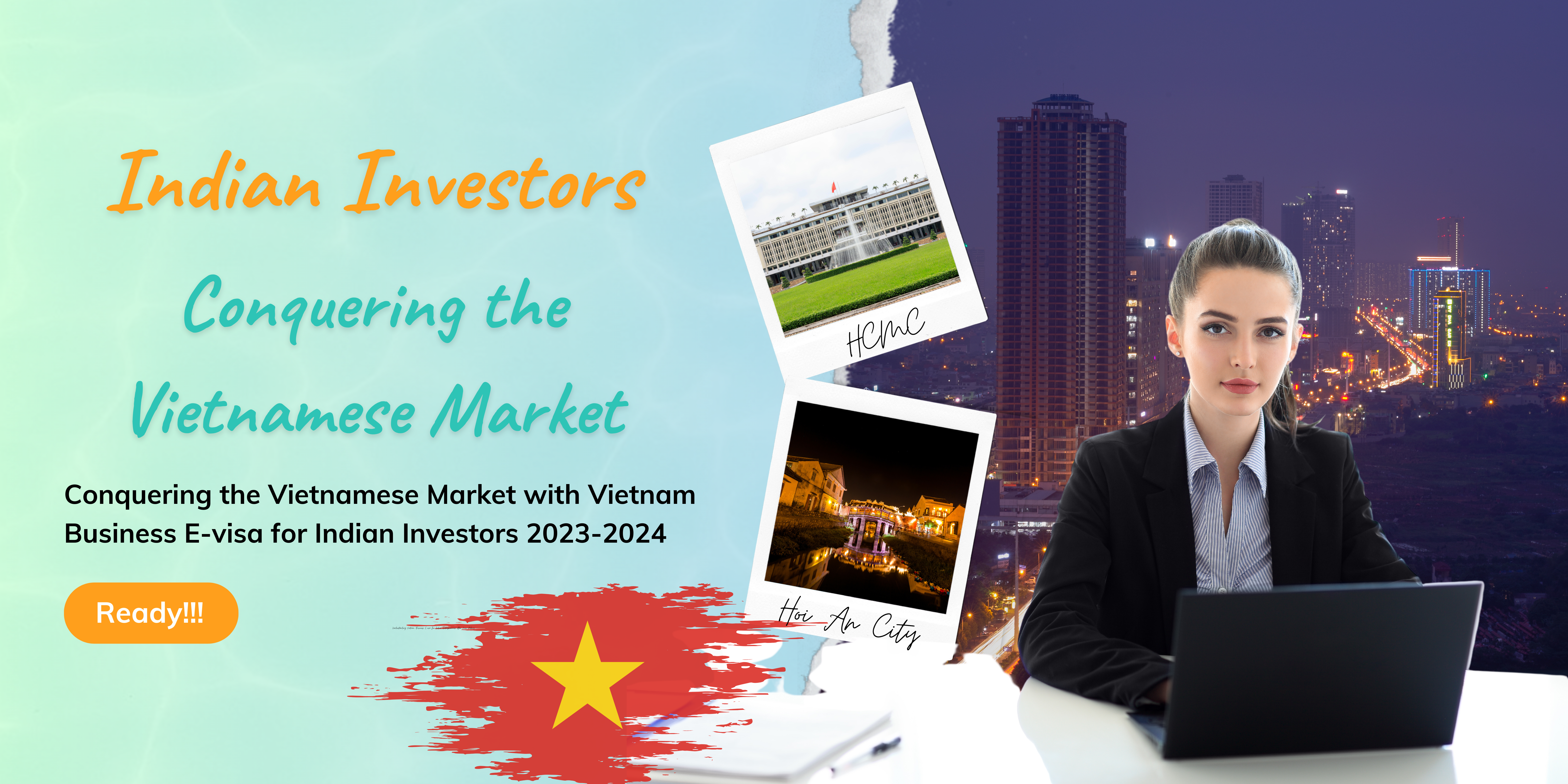
In the ever-changing global economy, investors are always on the lookout for new markets to explore. One such promising market for investors, particularly those from India, is Vietnam.
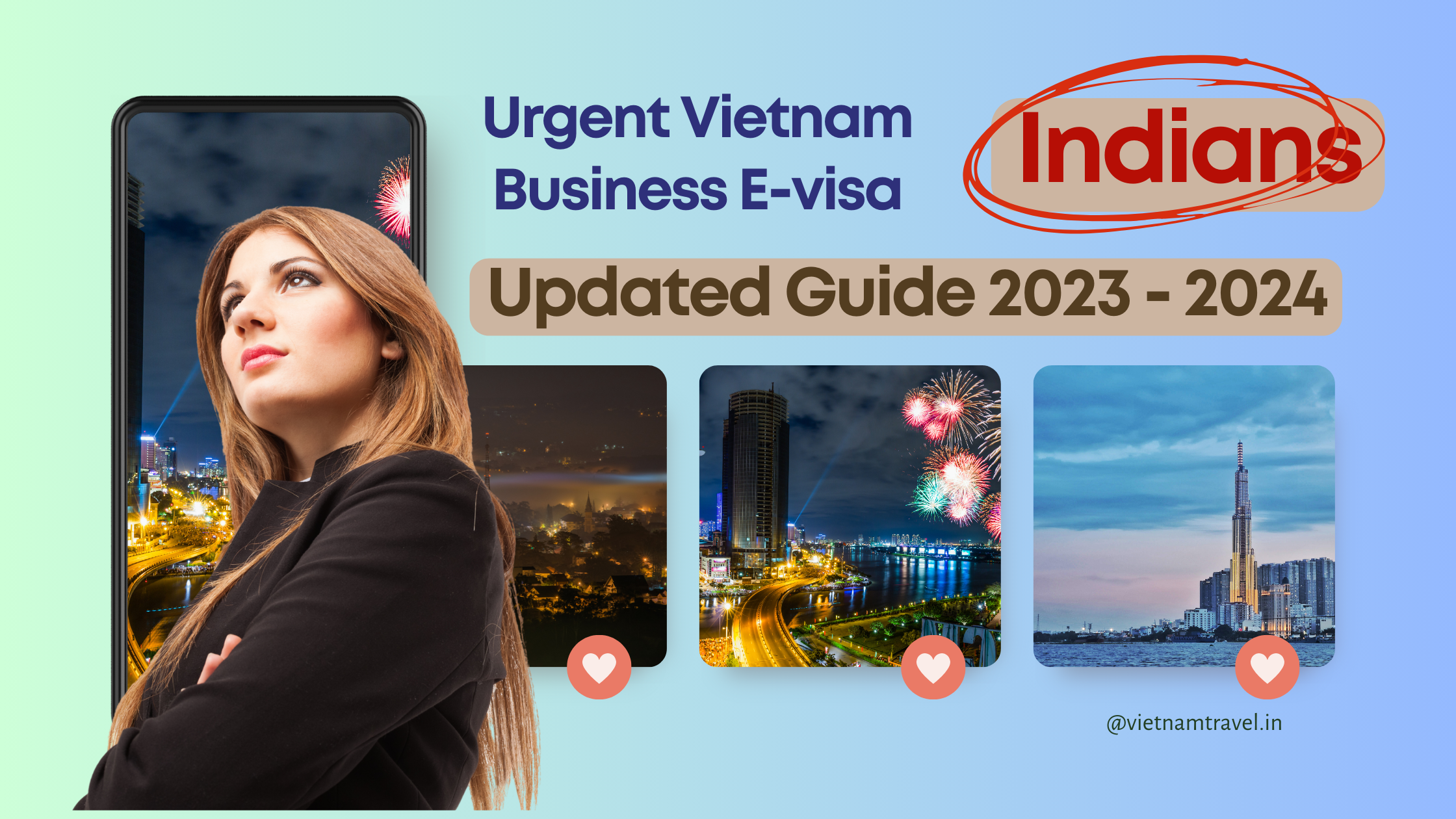
In the globalized world of today, where business opportunities are no longer restricted by geographical boundaries. Indian entrepreneurs are increasingly looking to expand their operations overseas.

For Indian travelers, particularly those crossing from Cambodia through the Moc Bai Border Gate. The Vietnam E-visa presents a unique opportunity to explore a different Southeast Asian culture.

Since August 15, 2023, Vietnam’s e-visa policy has been extended to all countries, including India. The e-visa now allows for a stay of up to 90 days with multiple entries.

Vietnam, a Southeast Asian country known for its bustling cities, rich cultural heritage, and beautiful landscapes, has always been a favorite destination among Indian tourists. The recent extension of the Vietnam e-visa policy, effective from August 15, 2023.
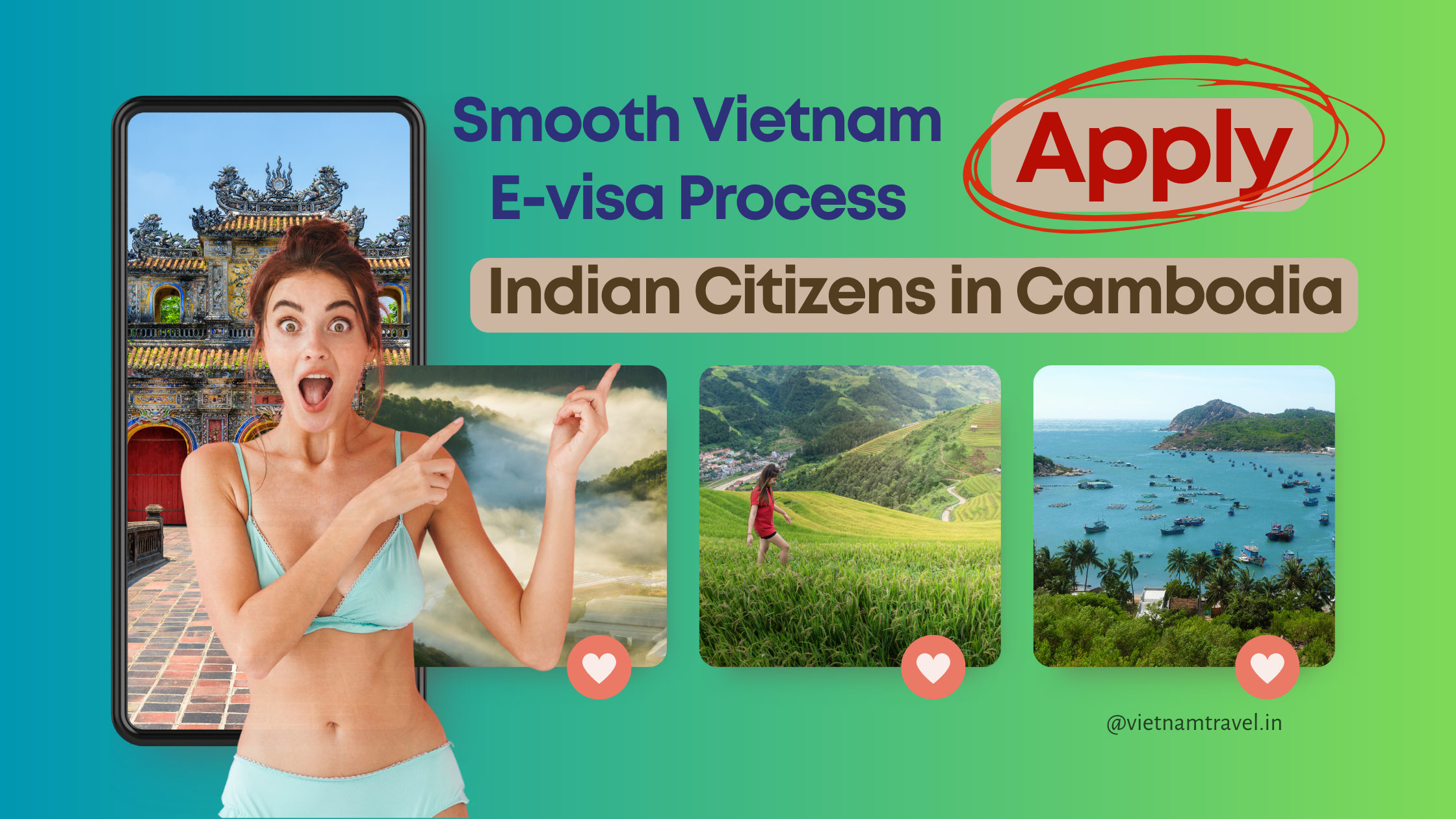
If you’re an Indian citizen residing in Cambodia and planning to visit Vietnam. The Vietnam E-visa is your best bet to ensure a smooth entry process, particularly through the Moc Bai Border Gate.